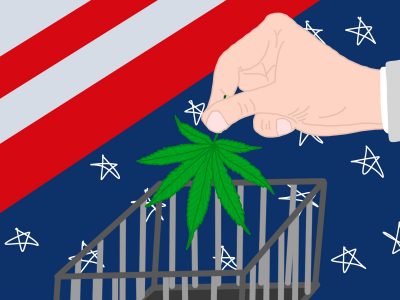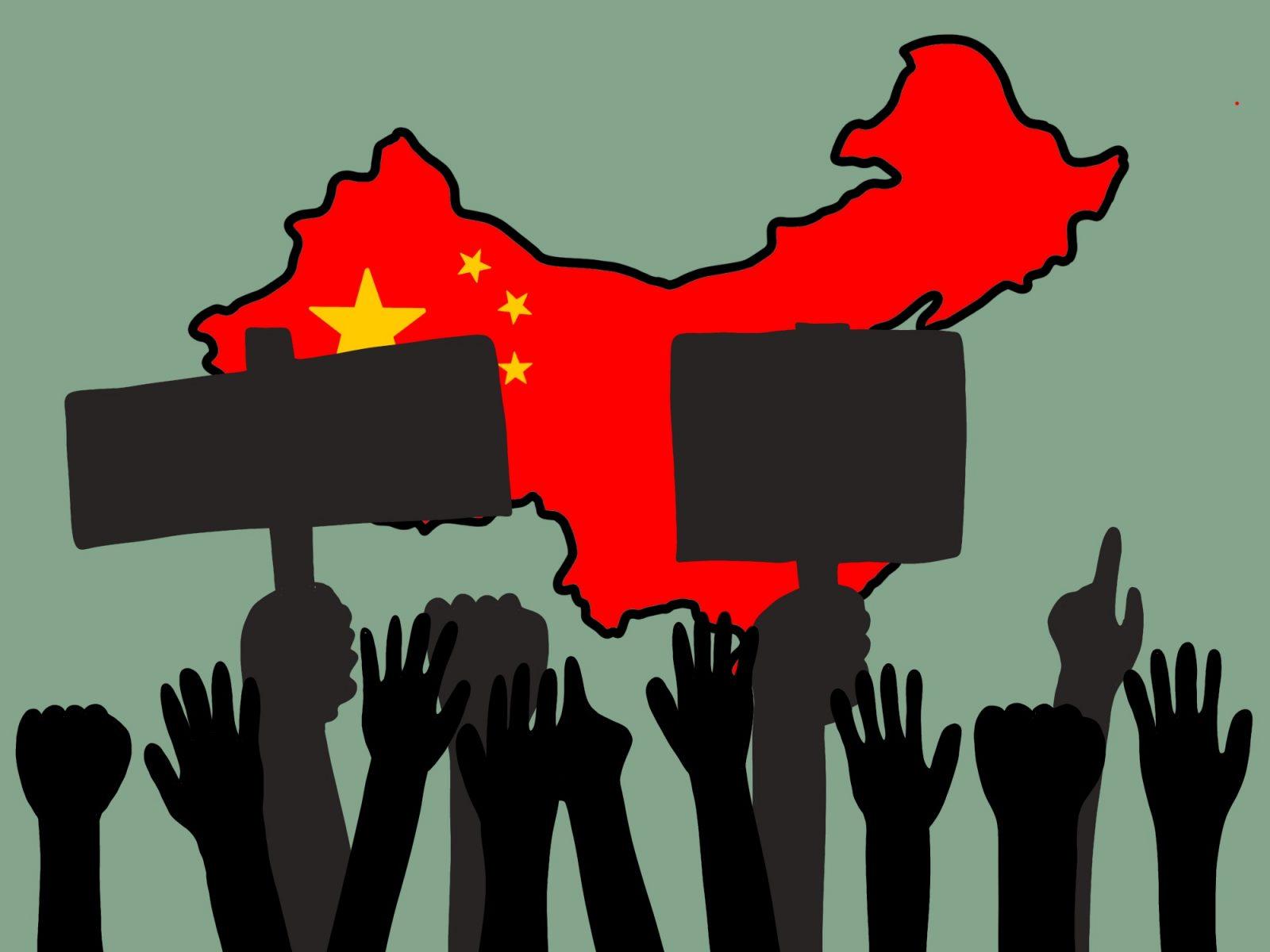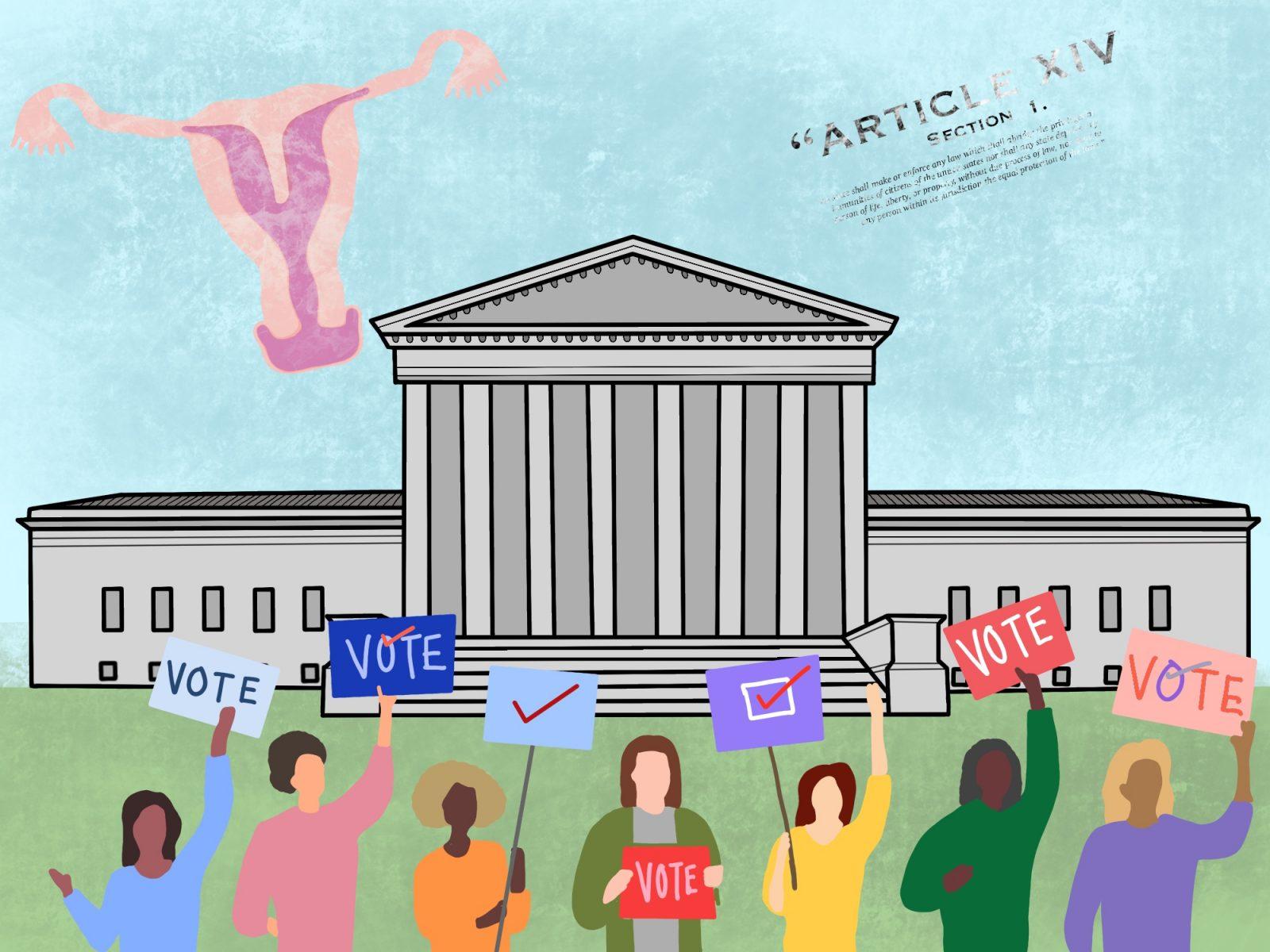Last Thursday, in a surprise move, President Biden announced a federal pardon for thousands of Americans convicted of marijuana possession.
Biden’s reasoning was explained by a tweet from the president’s Twitter account, stating: “Sending people to jail for possessing marijuana has upended too many lives — for conduct that is legal in many states, that’s before you address the clear racial disparities around prosecution and conviction. Today, we begin to right these wrongs.”
Biden’s move, no doubt, marks a significant step to bring progressive marijuana policy into public discourse: marijuana policy that focuses less on criminalization, and more on public health.
It also serves to solidify President Biden’s evolving stance on the drug. As one of the main proponents of the “war on drugs,” Biden’s admittance to past failures in drug policy further aligns his public persona with progressives, a move which many speculate may be politically motivated, given the upcoming midterm elections.
Rhetorical and political fireworks aside, what kind of tangible policy change will actually come from this?
First, let’s be clear on what it doesn’t accomplish. Biden’s move does not legalize marijuana on a federal level, that kind of change would have to come through Congress. It also does not pardon all Americans convicted of marijuana possession, only those arrested under federal charges and Washington D.C. drug laws.
The truth is, pardons on the federal level won’t even come close to affecting the majority of Americans convicted of simple marijuana possession.
Though accurate statistics are hard to come by, available data still paints a stark picture. Biden’s pardons will affect around 6,500 federal offenders charged on simple possession. Whereas the ACLU estimates that between 2000 and 2010 alone, 8.2 million Americans were arrested for marijuana charges and 88% of which were simple possession.
When put into this context, Biden’s pardon seems to be more political fluff than substance.

However, holding that view would mischaracterize the role that the federal government can play in paving the way for marijuana legalization.
Don’t let the limited scope of the pardon distract you from its unprecedented nature. It was the first time any president has ever pardoned federal marijuana offenders, and it came with a clear message for state governors to do the same.
Some governors are ahead of the curve. Governor Newsom, Polis, and Pritzker, of California, Colorado, and Illinois respectively have already undertaken similar pardons for low-level marijuana offenses.
Biden following suit on the federal level, however, provides further legitimacy to these policies, and his actions will significantly increase leverage for voters to demand similar policy from their governors.
Public support for marijuana legalization reached a record high 68% in the US last year, and for the first time, the federal government is now aligned with the public.
The pressure for states to decriminalize is now higher than ever.
However, there is another component of Biden’s move that could potentially circumvent the slow, state-by-state process that constitutes the current decriminalization framework.
Although Biden’s pardon has been garnering the majority of the media’s attention, the second component of his announcement, a call for the reevaluation of marijuana’s placement under The Controlled Substances Act, could potentially have the biggest impact on bringing about widespread legalization.
Marijuana has been considered a Schedule 1 substance since the enactment of the CSA in 1970, putting it on the same level of federal restriction as heroin, though the scientific reasoning behind its provisional placement remains dubious at best.
Not only has marijuana’s placement in Schedule 1 presented severe barriers to medicinal research on the drug, it has also been the largest obstacle in the way of a federal decriminalization package.
If the Biden administration, in its coming re-evaluation, were to completely de-schedule the drug, meaning remove it entirely from the CSA, then the floodgates would be open for a federal decriminalization framework.
Whether or not that will happen is still speculative at this point. But, what we do know is that regardless of whether marijuana is simply rescheduled or outright removed from the CSA, the United States is still closer now than ever, to decriminalizing marijuana.
The War on Drugs, started in 1971 by President Nixon, has produced a lasting scar on the United States. With millions incarcerated for low-level drug offenses, the task of fully correcting such an injustice seems tantamount to impossible.
Though the U.S. may never be able to fully atone for the damage the War on Drugs has already caused, it can make sure that those harms cease to continue. With marijuana constituting over half of all drug arrests, nationwide decriminalization would save millions from unjust incarceration.
Now that public support is paired with a newfound impetus from the federal government, it’s easy to take decriminalization as an inevitability. But make no mistake, there are still many lives unjustly upended everyday in the U.S. over low-level marijuana offenses.
Biden’s move is certainly worth celebrating, but until the day we see nationwide decriminalization, we must not forget our part to play in the transition to fair and just marijuana policy.




























































































































